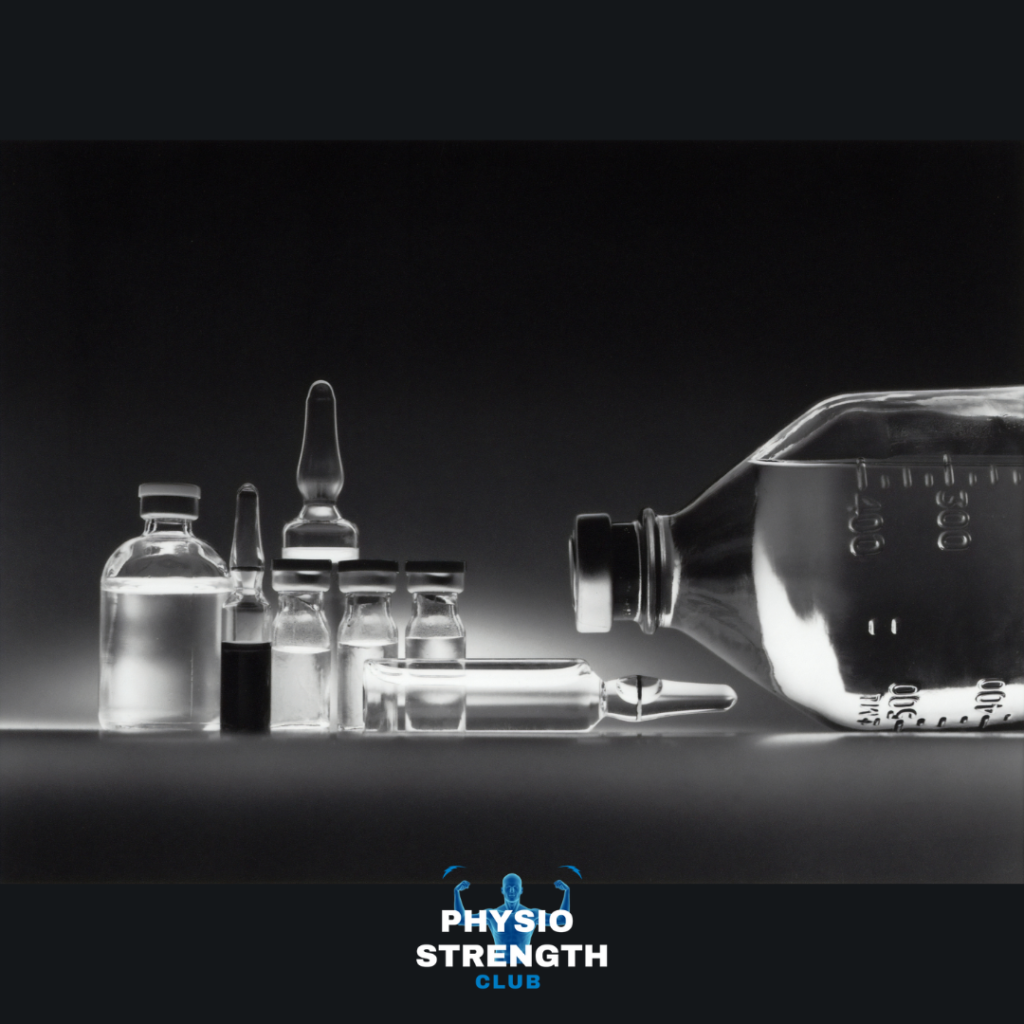We’re fortunately living in the best medical environment in the history of our species. We’ve moved on from drilling holes in our heads and blood-letting. We’re living longer and healthier lives than ever before. We are in Medicine 2.0.
But, we’re on the verge of a new era of medicine that some are calling Medicine 3.0.
Medicine 2.0 is brilliant at solving acute medical problems. It can prolong lifespan and relieve you of symptoms, regardless of how severe your illness is. But that’s kind of where the benefits of Medicine 2.0 end.
We provide surgery or pills when you’re about to or had a heart attack; syringes to help you with your insulin levels and pills to control the level of your blood glucose and lipoproteins when they are already elevated.
Medicine 2.0 can slow the deterioration of mental and physical faculties brought on by cancer or dementias – though fairly unsuccessfully at times – after they’ve been diagnosed. It can’t do is stop you from suffering any of those terrible problems in the first
That’s where medicine 3.0 comes in. Medicine 3.0 is the new era of medicine that we’re working towards. It focuses on prevention and proactively creating the right internal and external environments to help optimise, not just your lifespan, but your healthspan.
There are four concepts that encapsulate Medicine 3:0. The first is is prevention.
The second concept is individuality. At the end of the day, each of us are individuals. We have different bodies, genetic makeups and medical histories. Applying standard advice based on RCTs, RDIs, etc is out of date.
The third concept is calculated risk and reward. Medicine 2.0 isn’t great at assessing and taking on reasonable risk. In the case of, chemotherapy or organ transplant drugs, it will accept a level of side effects. When it comes to delaying morbidity, it has a low tolerance for any potential side effects. Medicine 2.0 prefers to always make the safe bet even if it isn’t the optimal solution. But I am talking more about the risk of not doing anything and the cost of an intervention that may be unnecessary but may save your life because you do not know what is down the line in those years or decades.
If I told you that you could pay £1 per day to take a pill that most certainly would improve you health and may even stop you dying in 10 years, or certainly get more out of life in your last 10 years, would you pay it, or wait till you developed poor health?
The last concept of Medicine 3.0 is improving health span through active participation. Medicine today is predominantly focused on increase in your lifespan, that is, it tries to give an extra decade or two before you kick the bucket. This is a noble effort but it dismisses the quality of life in those years.
Despite many people’s disbelief, it is possible stay fit and active into your final decades, and it’s does require some active participation, though lifestyle changes and an increased interest in your own health.

